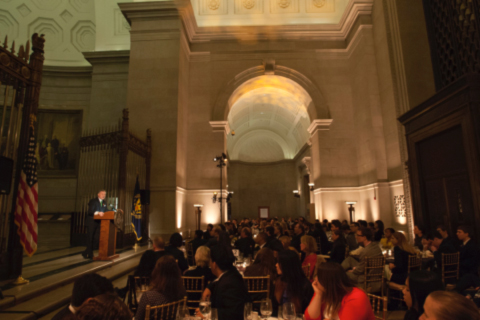
Senator Richard Burr is the keynote speaker under the Archives’ Rotunda in 2013.
The United States Senate Youth Program (USSYP) and the National Archives and Records Administration enjoy a rewarding and exciting educational partnership. The annual group visit is a highlight of Washington Week where the students receive a customized tour of the exhibits and documents as well as a special speaking session with the Archivist himself. And the beautiful National Archives Rotunda has served to inspire delegates and keynote speakers alike as we partake in a formal dinner alongside our nation’s founding documents.
The USSYP has been so fortunate to have the Archivist of the United States enjoy the evening with us. Massachusetts native David S. Ferriero has led the National Archives since 2009 and is renowned for his advocacy of open, accessible government and his encouragement of ‘citizen archivists’. The USSYP shares his belief that we all are woven into our nation’s history and have stories and experiences to share and preserve.
Mr. Ferriero’s life and career uniquely qualify him as the nation’s tenth Archivist, a position he was appointed to by President Obama. Earlier in life he worked shelving books in the library of the Massachusetts Institute of Technology, where he would later serve in a top leadership position. Mr. Ferriero then became a key strategist in shepherding the renowned Duke University library system fully into the digital age. And in his post just prior to joining the Archives, he served as Director of the New York Public Libraries — welcoming millions of users to the 87 branches and digital collections of the largest library system in the United States.
The National Archives is a relative newcomer in the history of the United States, created by Congress under President Franklin Delano Roosevelt in 1934, so the early work of the Archives involved protecting the very old documents of our nation’s history which had often been stored in less than ideal conditions.
Mr. Ferriero describes his agency as “the nation’s record keeper”. Its focus involves as much preserving our nation’s past as looking toward the future. The Archives tirelessly protects pen and ink documents on fragile parchment, as well as preserving and making accessible hundreds of thousands of email messages from recent presidential administrations. Both are treasure troves for historic research but have such different care requirements.
During Washington Week 2014, the Archivist offered some insight to this future of records keeping and records preservation in the electronic age noting that the Archives houses approximately 2.5 million emails from the Clinton White House, approximately 210 million from the George W. Bush White House, and will house an estimated one billion emails from the Obama administration.
Besides the well renowned Charter documents, are there other historic items in the collection that are Mr. Ferriero’s personal favorites? In speaking sessions with the delegates he has mentioned a few:
- There is an actual check for $7.2 million to purchase Alaska in 1872. Flipping it over, you can see a Russian endorsement of the check on the back.
- For literature buffs, you can find Walt Whitman’s personnel file from his tenure at the Bureau of Indian Affairs, including a glowing reference letter from fellow poet Ralph Waldo Emerson.
- Annie Oakley took the time to write a letter you can see to President William McKinley offering to bring together 50 women sharpshooters, along with their own rifles and ammunition, to help fight the Spanish-American War.
- The Archives houses military records, including Clark Gable’s discharge papers signed by his personnel officer, Captain Ronald Reagan.
And lastly, Mr. Ferriero is touched by reading the many children’s letters to presidents …. including letters he wrote as a youth to Presidents Eisenhower, Kennedy, and Johnson. He has encouraged all USSYP delegates to take the time to share their views with our nation’s leaders in writing– one day you may have the chance to see those same letters or emails years later under the Archives’ careful protection.
Since he began interacting with the USSYP on its 50th anniversary year in 2012, Mr. Ferriero knows he must be quick on his feet in the lively Q & A session with our delegates. A sample of questions from his Washington Week 2013 Q and A session include Emma Hutchison (OK –2013) about whether he gets to touch the Declaration of Independence (no!) and Umar Farooq’s (IA — 2013) query about how to treat prematurely leaked documents. Delegate Joel Bervell’s (WA – 2013) question about the documents in the Archives brought forth a personal, poignant story about a 1903 passenger list from the ship Romano which arrived in Boston Harbor carrying Mr. Ferriero’s grandfather.
Mr. Ferriero’s favorite part of the annual USSYP visit is “the opportunity to interact with a group of intelligent and curious students. These visits always reassure me about the future of our country.”
When groups of high school leaders visit, he is always generous with sage life advice. “These records are housed here so that you can hold your government accountable for its actions. I encourage you to exercise that right, and to explore your country’s history, as well as your own, in person or online.” Our USSYP leather notebooks reflect his wisdom and humor after our visits with him.
For our USSYP friends and alumni in the Washington area, check out the ongoing live events each month at the Archives. December, for example, hosts everything from a sobering analysis of the Battle of the Bulge to a more lighthearted visit by fashion guru Tim Gunn looking back at White House holiday traditions. Many of the live presentations are viewable on YouTube or C-SPAN soon after the event.
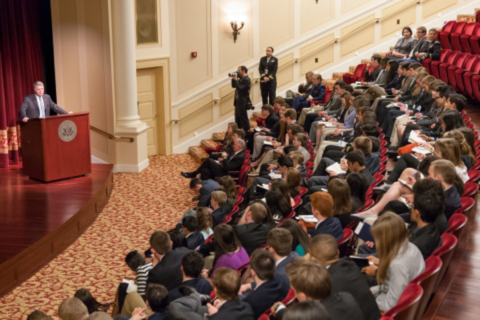
Archivist of the United States David S. Ferriero addresses Senate Youth delegates in 2
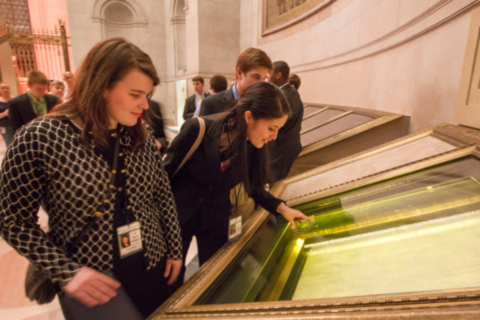
Washington Week 2014 delegates Sofia Lalinde (FL—2014) and Jana Kelnhofer (GA – 2014) enjoy the Archives before dinner.
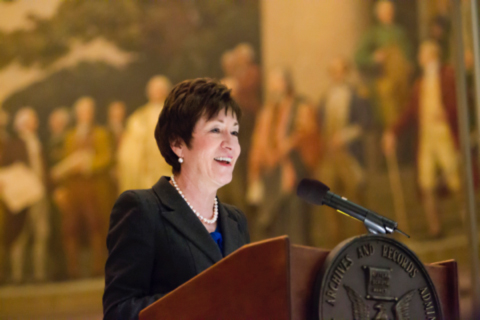
USSYP alumna Senator Susan Collins is the keynote speaker at the National Archives in 2012.
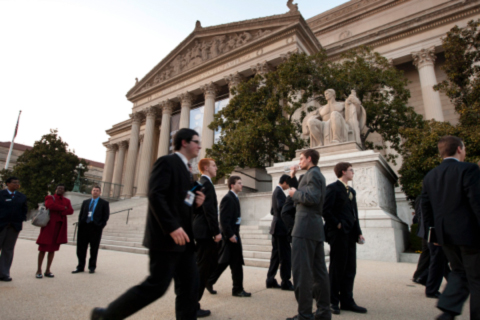
Washington Week 2012 delegates arrive at the Archives.
